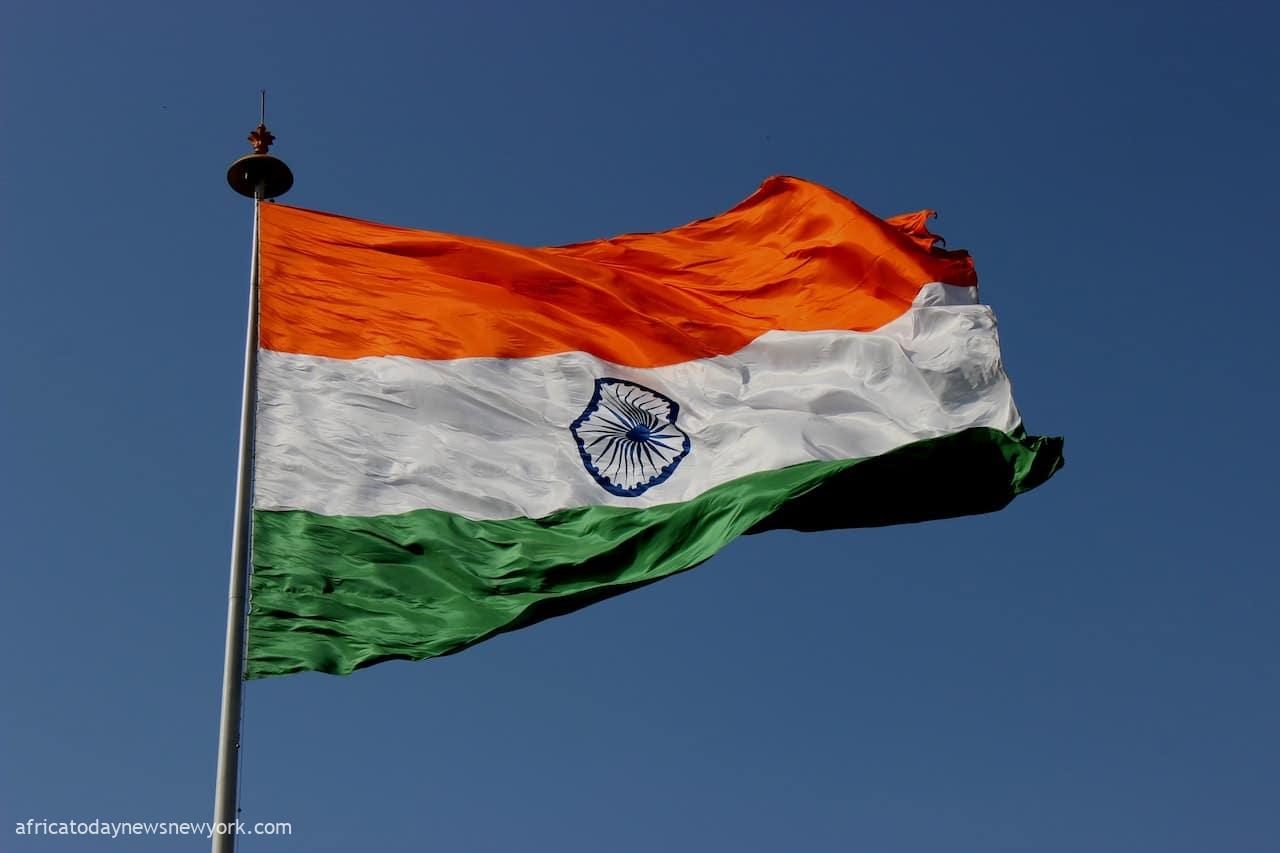Services at the Indian visa processing centre in Canada have been temporarily halted as relations between the two countries deteriorate further. This downturn was triggered by remarks from Canada’s Prime Minister, suggesting India’s potential involvement in the assassination of a Canadian citizen—an individual branded as a “terrorist” by New Delhi, and a Sikh separatist leader.
As part of what appears to be a reciprocal action, Canada’s High Commission has declared its intention to make adjustments to its diplomatic presence in India. While precise numbers were not revealed, the commission emphasized that its offices are fully operational and stressed the importance of ensuring the security of its staff.
Prime Minister Justin Trudeau informed Parliament on Monday that there are “credible allegations” pointing towards Indian involvement in the assassination of Hardeep Singh Nijjar, a Sikh separatist leader who had been wanted by India for an extended period and was killed in June outside the temple he presided over.
‘Important notice from Indian Mission: Due to operational reasons, with effect from 21 Sept. Indian visa services have been suspended till further notice,’ the BLS Indian Visa Application Center in Canada said on Thursday. It provided no further details. BLS is the agency that processes visa requests for India.
India’s Ministry of External Affairs opted not to provide an immediate comment.
Read also: Sikh’s Killing: Tension As India Expels Canadian Diplomat
The ministry released an updated travel advisory on Wednesday, advising Indian citizens travelling in Canada, especially students in the country, to be vigilant due to the rising incidents of anti-India activities and politically sanctioned hate crimes.
Indians should also avoid going to venues in Canada where ‘threats have particularly targeted Indian diplomats and sections of the Indian community who oppose anti-India agenda,’ the ministry said.
Nijjar was actively engaged in organising an informal referendum within the Sikh diaspora, aimed at gauging their support for independence from India when he was assassinated. He consistently rejected India’s claims that he was involved in terrorism.
The call for a separate Sikh homeland, commonly referred to as Khalistan, originated as an insurgency within India’s Punjab state during the 1970s. It was eventually suppressed through a severe government crackdown, resulting in the loss of thousands of lives.
Over time, the movement has witnessed a decline in its political influence, yet it continues to garner support in Punjab, where Sikhs constitute a majority, and within the substantial Sikh diaspora residing overseas.
The Indian government claims that Ottawa is deliberately overlooking the actions of radical Sikh nationalists who are pushing for the formation of an independent Sikh state in northern India.

